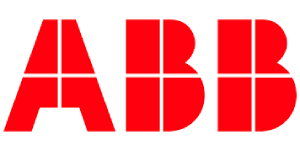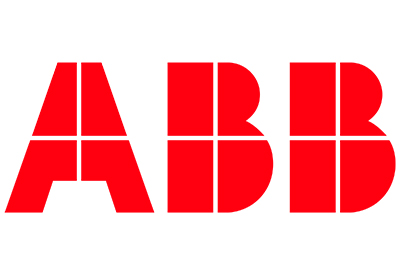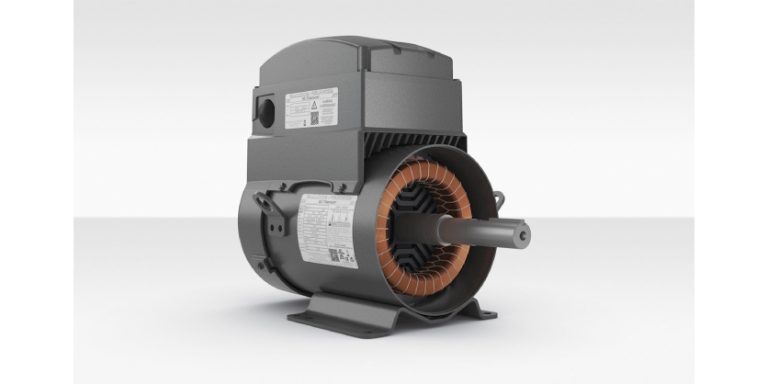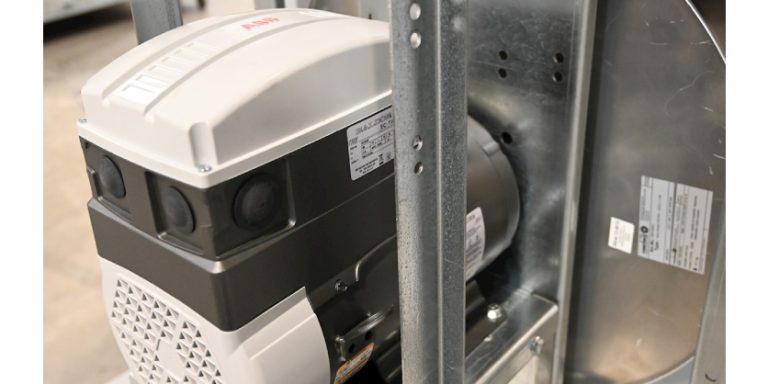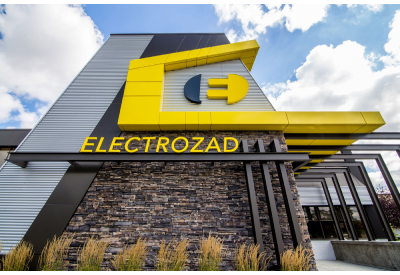ABB Collaborates with Microsoft on Energy Efficiency to Reinforce Commitment to Low-Carbon Society
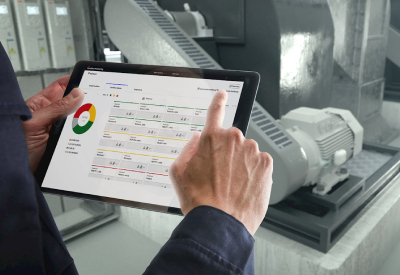
August 10, 2022
- ABB announces that Microsoft has joined its Energy Efficiency Movement
- Collaboration underscores shared focus on reducing carbon emissions of operations and empowering industrial decarbonization
ABB announced recently that Microsoft has joined its Energy Efficiency Movement. Launched in March 2021 by ABB, the #energyefficiencymovement is a multi-stakeholder initiative to raise awareness and spur action to reduce energy consumption and carbon emissions to combat climate change. Companies are invited to join the movement and make a public pledge as a way of inspiring others to take action. Microsoft represents one of the largest corporate partners to join the initiative to date.
Energy efficiency is taking on greater urgency throughout industry as companies look for opportunities to decarbonize amid soaring energy costs and pressure from customers, employees, and governments to make strides on sustainability. A recent survey commissioned by ABB found that energy efficiency is clearly top of mind for executives around the world. It revealed that 89 percent of industrial leaders surveyed will increase investment in the energy efficiency of their operations in the coming five years, with 52 percent aiming to achieve net-zero emissions in that timeframe.
“The greenest energy is the energy we never use,” said Tarak Mehta, President, Motion business area, ABB. “With 45 percent of the world’s electricity used to power motors in buildings and industry, improving energy efficiency is an essential strategy to fight climate change. Digitally connected energy-efficient solutions are critical to accelerating progress and I am delighted Microsoft and ABB are making common cause to enable greater energy efficiency in our operations and those of our customers.”
“Microsoft is joining the ABB Energy Efficiency Movement to help accelerate global progress on energy efficiency and carbon reduction,” said Elisabeth Brinton, Corporate Vice President Sustainability, Microsoft. “Microsoft is committed to become carbon negative by 2030 and 100 percent powered by renewable electricity by 2025, and these goals are well aligned to both ABB and the Movement’s aims. This will further support our existing collaboration to help customers in sectors like manufacturing, transportation, and cities to make better decisions at scale and drive meaningful efficiency gains.”
For its part, ABB reduced greenhouse gas emissions from its operations in 2021 by some 28 percent on a year-over-year basis. In its comprehensive Sustainability strategy 2030, ABB has affirmed it will reach carbon neutrality by decade’s end. Beyond its own operations, ABB has also committed to help its customers in reducing their annual CO2 emissions by at least 100 megatons by 2030, the equivalent of removing 30 million combustion cars from the roads each year. With partners like Microsoft, Deutsche Post DHL Group and Alfa Laval, the ABB Energy Efficiency Movement brings together an ecosystem of like-minded industry leaders to accelerate efforts in decarbonization.
Having recently celebrated five years of successful collaboration in the context of ABB AbilityTM, ABB’s portfolio of digital solutions, the announcement regarding the Energy Efficiency Movement further cements Microsoft and ABB’s joint efforts to push technology boundaries in empowering customers to address sustainability. Using Microsoft Azure’s platform-as-a-service capability, along with AI and machine learning-based analytics, cloud computing and edge technologies, ABB Ability solutions are powering a range of industrial use cases that help organizations optimize how they make use of energy in powertrains, facilities, and other physical assets. A new ABB whitepaper highlights some of the opportunities presented by digitalization and the industrial Internet of Things in bringing about more energy-efficient operations.


